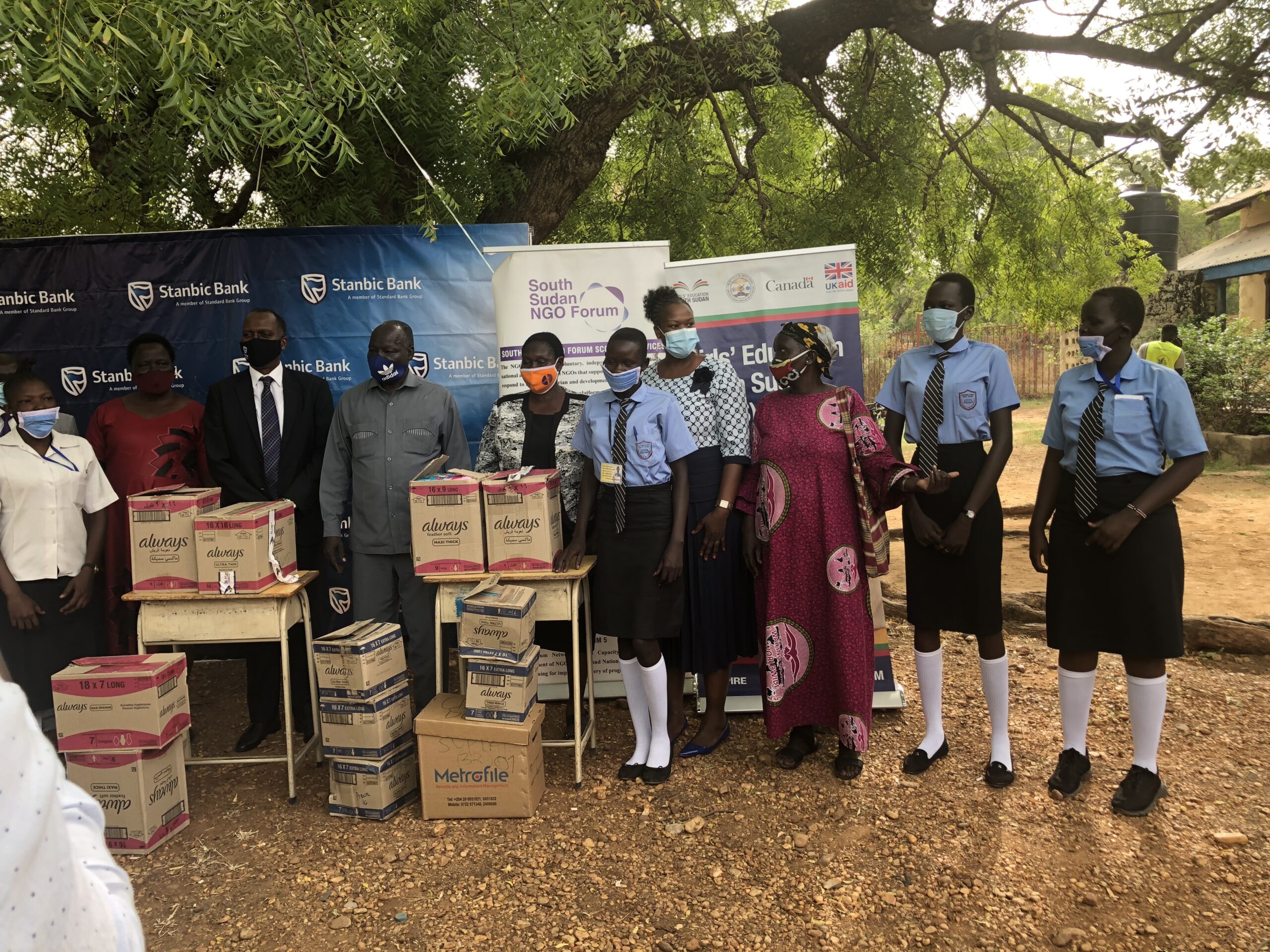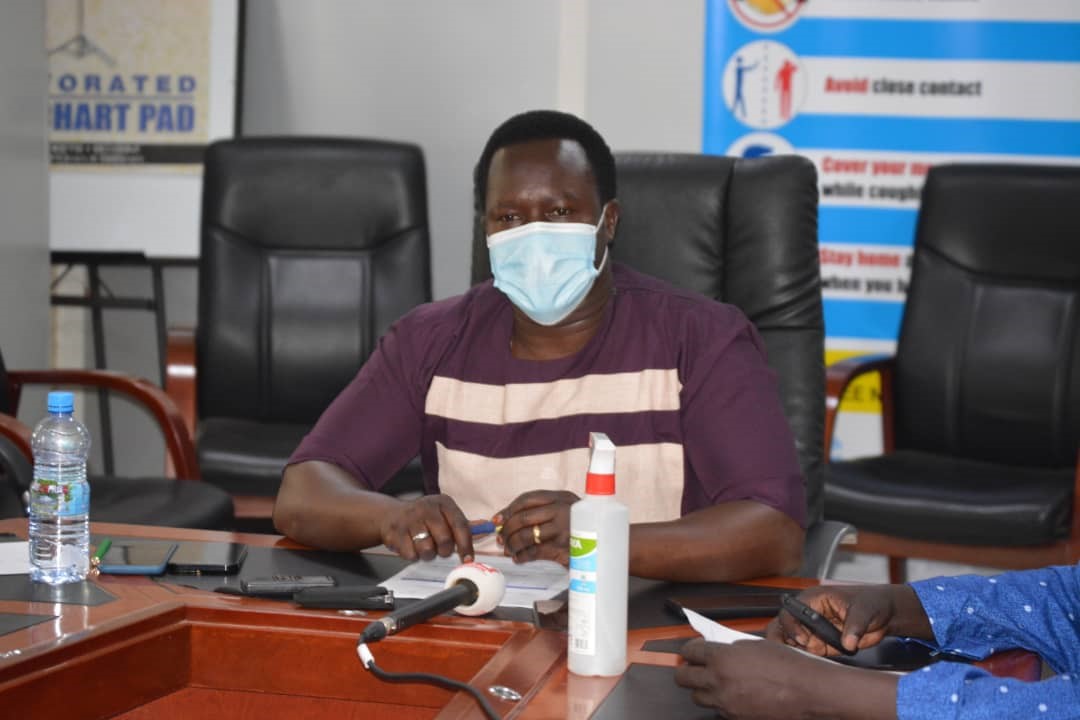
UNICEF to distribute 900,000 facemasks to pupils, teachers as schools reopen

The United Nations Children’s Fund, (UNICEF) says it will provided close to 900,000 face-masks to improve hygiene as schools reopen on 3rd of May.
“UNICEF is supporting the South Sudan Ministry of General Education and Instruction in the reopening of schools by providing soap to improve hygiene and close to 900,000 face masks will be distributed to children and teachers” UN agency said in a statement released on Thursday.
“200 new boreholes will be drilled, ensuring clean drinking water for the students and the surrounding communities” it said
UNICEF further revealed that 2.7 million textbooks based on the new South Sudan’s curriculum have been already printed and 1.9 million of them are already distributed.
“Not everything will be ready for 3 May, but that should not stop children from returning”
“UNICEF would like to thank its many education partners for all the support given to education throughout this difficult period, including Canada, EU/ECHO, Germany, Norway, Sweden, the Global partnership for Education, UK Aid and USAID” it added.
“I would like to congratulate the Ministry of General Education and Instruction on the decision to reopen schools, a good decision for children,” said UNICEF South Sudan Representative Hamida Lasseko said.
“We wish all the students and all the teachers best of luck.”
“My appeal is to all parents in South Sudan; please send your sons and daughters to school. I’m calling upon religious and community leaders to use their influence to mobilize children to return to their classrooms. I’m calling upon Members of Parliament and Government leaders to encourage their community members to send children to school,” said Lasseko said in a statement released on Thursday.
“Getting children back is job number one, the rest we can solve as we go,” said Lasseko.
“Knowing children and schools are not drivers of the pandemic, it is paramount that children return to school also when all standards cannot be met immediately.”
Before the pandemic, 2.8 million children were out of school due to poverty, inequalities, cultural beliefs and nomadic lifestyles. With the COVID-19 closure, an additional two million children were sent home.
“UNICEF knows from previous experiences that the longer children stay out of school, the harder it is to get them back. With one of the highest out-of-school ratios in the world, South Sudan cannot afford to have more children missing out on education and no effort should be spared to ensure students return to finish their education” the statement read.
It said that UNICEF remains particularly concerned about girls as the enrolment rate for females was very low before the pandemic, and there are multiple reports about increase in child marriage and early pregnancies during the school closure. Many of these girls might not return to school.
“Ensuring children are going back to school has important benefits beyond academic learning. Schools are safe places for children where they are protected from exploitation, abuse and from harmful cultural practices such as child marriage and early pregnancies” it added.
Schools in South Sudan have been closed for 15 months due to COVID-19 restrictions, Only candidate classes could resume in October last year.


































